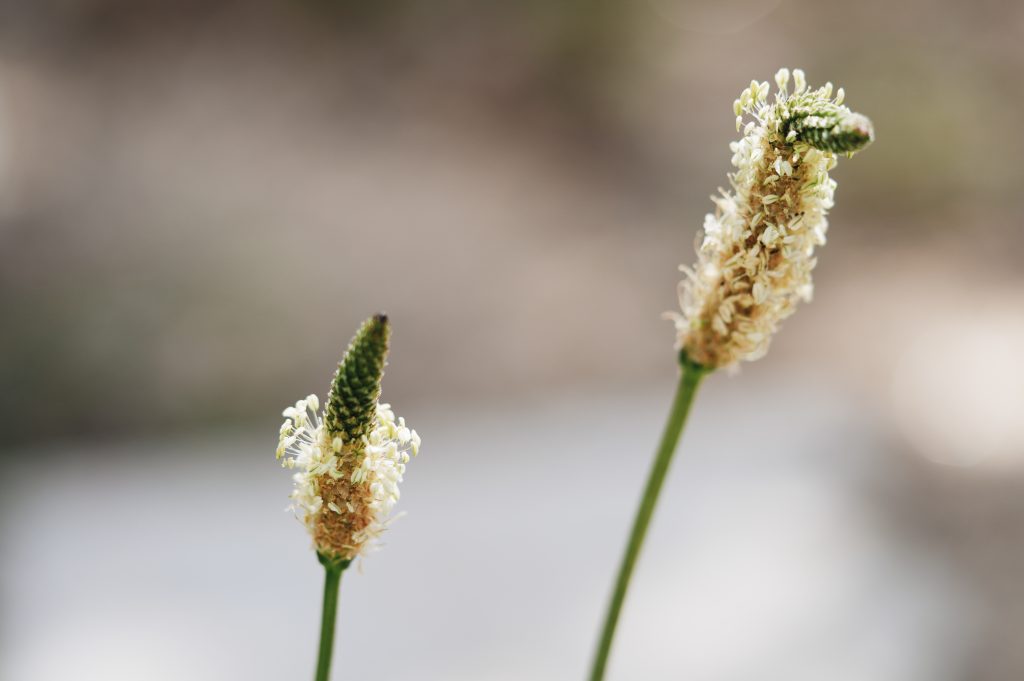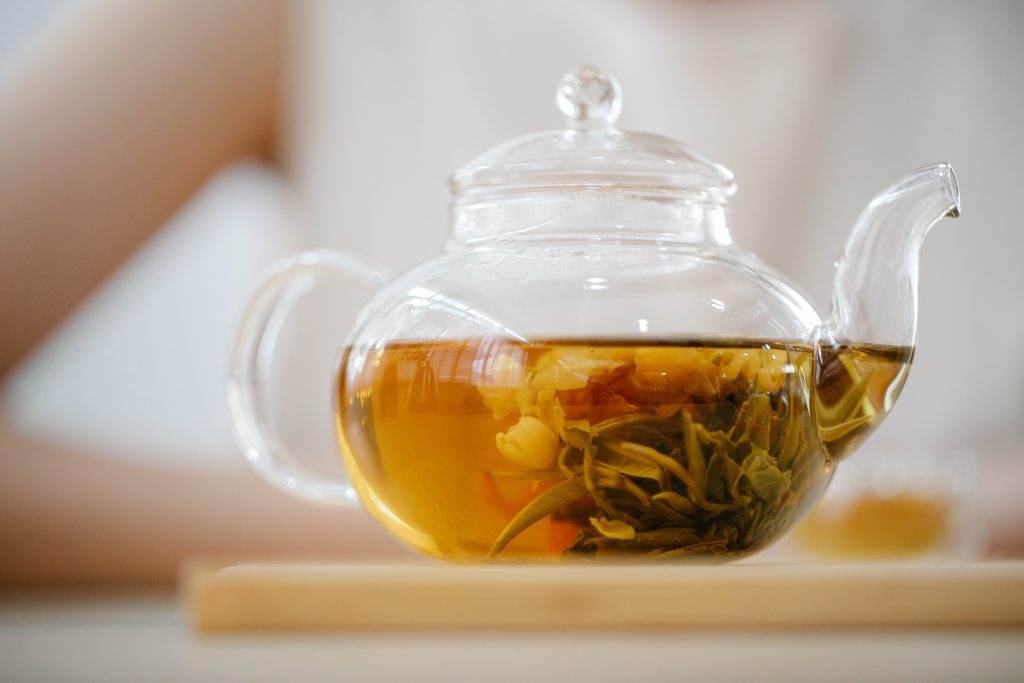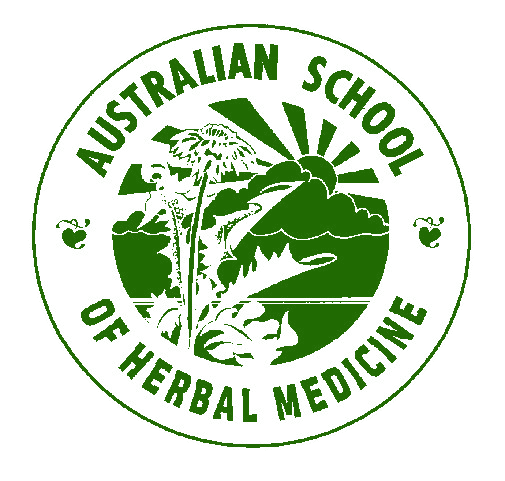Plantain (Plantago Lanceolate), commonly referred to as Plantain weed is extraordinary for many reasons, including its almost endless possibilities to positively improve our health. Often found in many gardens and dismissed as a regular weed, the power of plantain can range from improving digestion and lessening inflammation.
What is Plantain?
The weed with many names, plantain is widely recognised for its various medicinal and herbal uses. From Plantago Major, Broadleaf Plantain to its Australian name Lambs Tongue, this wild weed is a very old herb whose healing powers are mentioned in literary references from Chaucers’ days (1343-1400) onwards.
Plantain has distinctive shaped rosette buds when growing, and more distinctive oval green leaves when fully formed. Throughout its lifespan pantain can be found with its b budding white flowers. It’s vital to learn the fundamentals of herbal medicine, to identify and correctly collect herbs such as platina. This helps to ensure that it’s harvested from clean, uncontaminated areas if you intend to use it for herbal teas and remedies.
Where is Plantain Found?
Plantain is a common perennial plant that belongs to the Plantaginaceae family and can be found in most lawns. It is often considered a weed and is found in many parts of the world from Australia, Europe, Asia, and the Americas.
Plantain has a long history of medicine and traditional remedies. For centuries in various cultures, including Native American, Ayurvedic, and Traditional Chinese Medicine (TCM) plantain has been documented as a key ingredient.

The Power of Plantain
Plantain has a gentle antibacterial action, making it beneficial for respiratory conditions including coughs, bronchitis, whooping cough and asthma. Swiss herbalist, Johann Künzle wrote: “Like no other herb it cleanses the blood, the lungs and the stomach and is therefore valuable to those people who have little or bad blood, weak lungs and kidneys, pale looks, eczema and who are hoarse and plagued with coughs.”
A strong tea made of the leaves is extremely beneficial for gastrointestinal healing of diarrhoea as well as kidney and bladder disorders. Used topically, plantain has a soothing, cooling effect and can be used to treat haemorrhoids, sores and ulcers.
In many ancient recipes, plantain is used for ointments due to the leaves’ external soothing effects. Fresh, bruised leaves can be used in poultices applied to cuts, scratches, sores, ulcers, wounds, insect stings, dog and snake bites.
Leaves are also recommended for malignant growths and when placed inside your shoes, they can keep the feet free from blisters on long walks.
Plantain Benefits in Herbal Medicine
Anti-Inflammatory Properties: Plantain has anti-inflammatory properties that make it useful in treating minor skin irritations, insect bites, and stings. Learn how plantain can be used for herbal inflammation benefits.
Healing Wounds: The leaves of plantain can be used topically to help wounds, cuts, and burns heal faster. They can also help reduce pain and inflammation associated with skin complaints.
Respiratory Health: Plantain is used in herbal remedies for respiratory issues. It is believed to help alleviate symptoms of coughs, colds, and bronchitis due to its soothing and expectorant properties.
Digestive Health: Plantain can be used to relieve digestive discomfort, including diarrhoea and gastritis. It may help soothe the gastrointestinal tract.
Anti-Microbial: Plantain contains compounds that exhibit antimicrobial properties, which can be beneficial for various infections and skin conditions.
Anti-Allergenic: Plantain may be used to alleviate allergic reactions and relieve symptoms of hay fever and other allergies.
Anti-Hemorrhagic: It is believed to help stop bleeding in minor cuts and wounds.
Making a Plantain Tea for Asthma
For Asthma – a tea made of the following herbs is recommended:
- 50 g Plantain
- 50 g Thyme
- 50 g Horehound
Directions: Place the above herbs in an airtight container, mix and shake well, and store the mixture in a dark place.
Infuse one heaped tsp of herbs with one cup of boiling water for approximately three to five minutes and strain. Drink 3-4 cups a day, the first on an empty stomach.

Common Uses in Herbal Medicine
Poultices: Plantain leaves can be crushed or chewed and applied directly to wounds, stings, and insect bites to draw out toxins, reduce inflammation, and promote healing.
Infusions: A plantain leaf tea can be used to treat respiratory issues, digestive problems, or as a wash for skin conditions. Learn more about the benefits of herbal tea and how plantain can be infused.
Ointments: Plantain leaves can be infused into oils and used to create salves or ointments for skin conditions, including eczema and psoriasis.
It’s important to note that while plantain has a long history of use in herbal medicine, individual responses to herbal remedies can vary, and it’s advisable to consult with a healthcare professional, especially if you have underlying medical conditions or are taking medications.
Contact us if you have any lingering questions about plantain.
Find out more about the medicinal benefits of plantain and other herbs through enrolling in our Online Herbal Medicine Course today!
